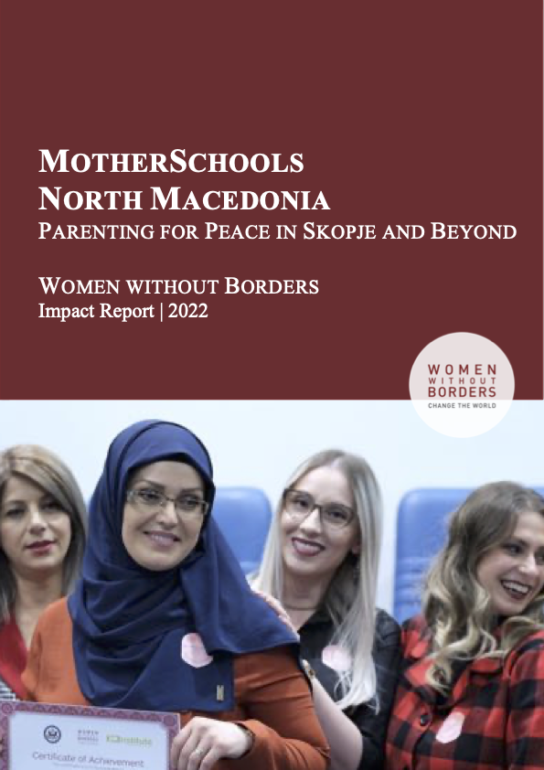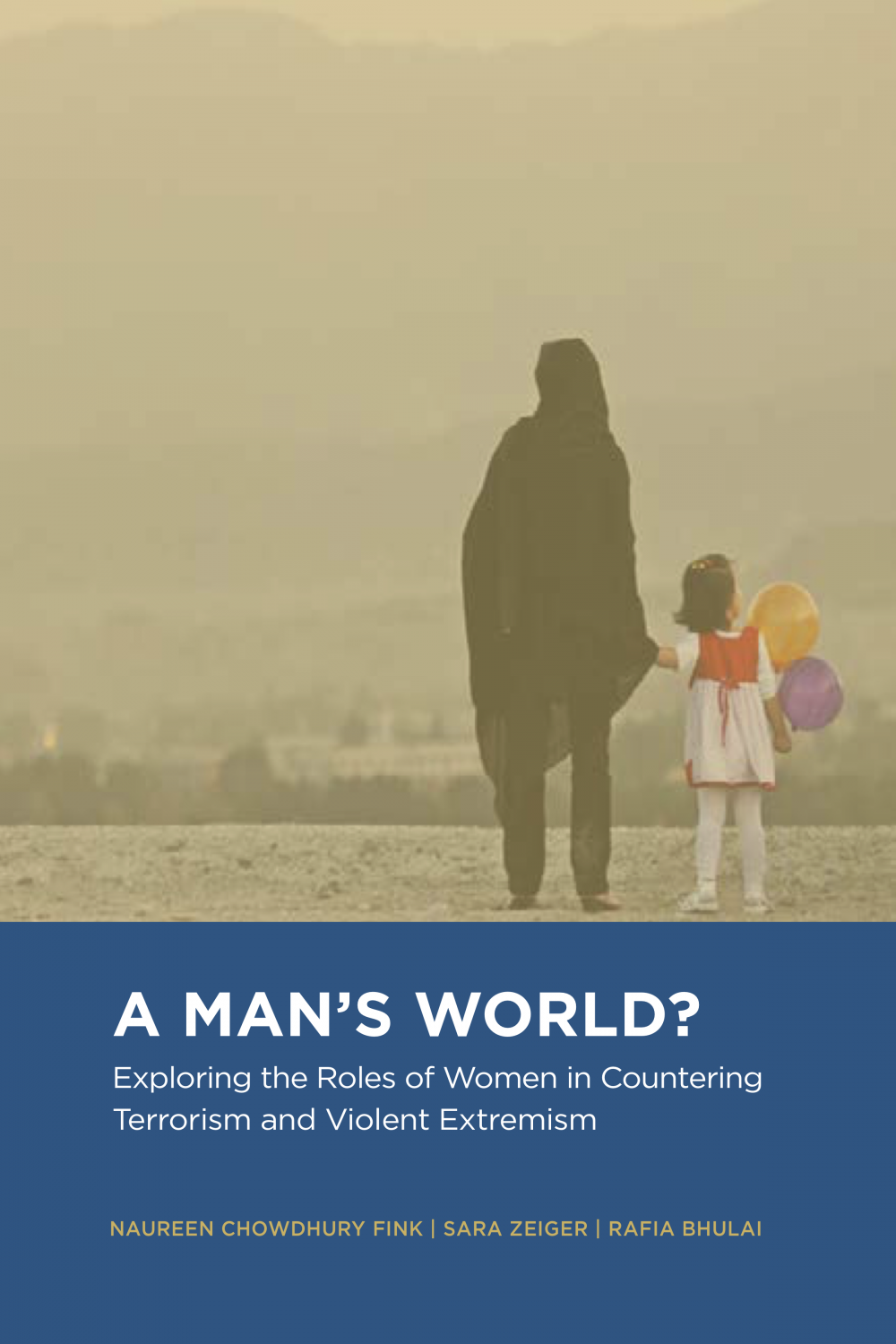In the wake of the establishment of a free and democratic Afghanistan following the demise of the Taliban, Women without Borders (WwB) launched the first initiative to support women in their determination to be included in shaping their roles as agents of change and active participants in all aspects of public life.
After years of oppression under Taliban rule, a large segment of the Afghan female population faced the prospect of participating in social and political life for the first time. Yet up to this point, most women had not been afforded the opportunity to build up the necessary competence and knowledge to claim their rightful place at the bargaining table. In the course of an extensive fact-finding mission on the ground, Women without Borders (WwB) identified an overwhelming desire of women throughout the country to take the future into their own hands. This pivotal moment in Afghan history demanded an approach that could shine a spotlight on and encourage female agency.
With upcoming elections in mind, and based on both in-depth interviews with women across the region and extensive background research, WwB developed the tailored handbook ‘Our Country, My Role’, which was used in the workshop-based implementation phase of this pioneering project. United Nations Population Fund (UNFPA) also helped to advance the training manual; it was translated into Dari and Pashto, and 10,000 copies were printed and distributed throughout the country. This Austrian Development Agency (ADA)-funded initiative ultimately presented the first long-term strategy of its kind that supported women’s efforts to participate in political and public life. In cooperation with the Vienna-based Ludwig Boltzmann Research Foundation for Politics and Interpersonal Relations, WwB launched this project in 2003 and implemented it leading up to the 2005 elections.
The ‘Our Country, My Role’ manual guided Afghan trainers and grassroots activists through educational workshops for the purpose of encouraging Afghan women’s engagement with and deepening their understanding of the principles of democracy, civil society, and human rights. The handbook was developed with Afghan women from all walks of life in mind, and it included practical exercises, examples of local role models, and material designed to increase participants’ confidence in their own abilities. The handbook attracted substantial interest from UN institutions like UNIFEM, UNDP, and from the International Organization for Migration (IOM).
In 2004, two Women without Borders associates spent several months in Afghanistan to further the organisation’s cooperation with the Afghan Ministry for Women’s Affairs, and to monitor document, and evaluate ‘Our Country, My Role’ workshops being run at the ministerial women’s centres in the provinces of Kabul, Parwan, and Maidan-Wardak. A couple of months later, in November 2004, Kabul University began to apply the handbook for training sessions and some 800 joined these workshops; these women had all expressed an interest in becoming candidates or campaigners for the upcoming national elections at the time.



